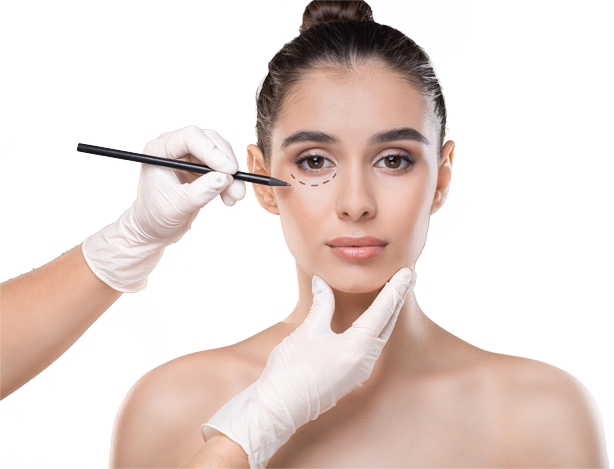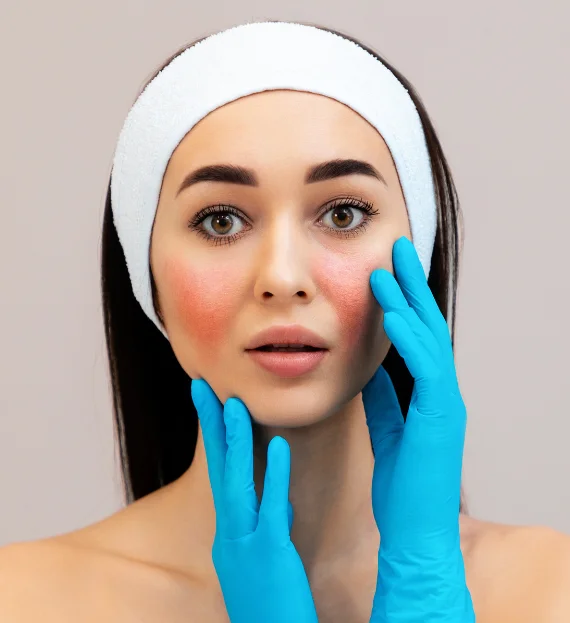Rosacea treatment
The skin with redness with small bumps over cheek, forehead, and nose area always makes one conscious of self. This condition is called rosacea. This rosacea is a chronic skin condition faced by adults. Although many types of treatment are available but it cannot be cured. The treatments help in managing the symptoms and preventing flare-ups.
The treatment options for rosacea is as follows –
Topical medication includes cream/gels containing anti-biotics, azelaic acid, or anti-inflammatory agents are recommended for application over the affected skin area. They act on the bacteria cause, and reduce the redness and inflammation.
Oral medication includes anti-biotics like doxycycline which help in dealing with bacterial cause and controlling the inflammation. It also helps in reducing the pimple formation.
Laser therapy or intense pulsed light reduces the redness and prominence of visible blood vessels
Lifestyle modification too contributes to preventing the flareups with includes some avoidance and some inclusion like –
- Avoiding spicy food and alcohol
- Avoiding stress
- Eating a nutritious and balanced food
- Maintaining clean and hygienic skin habits
- Avoiding harsh chemical-made cosmetics and skin care products
Dermatologists takes up detailed discussion with patient about the flare-up incidence and medical history to formulate the most appropriate treatment and suggests on life style modification for preventing the flare-ups/avoiding the triggering factors.
Faq
Frequently Asked Questions
A. Rosacea is a skin condition where the skin of the cheek, chin, nose, and forehead appears red, swollen, and with small bumps which sometimes get filled with pus. These can cause dryness, burning, or stinging sensation. It is a chronic skin condition starting after attaining adulthood.
There is no known cause of rosacea but the following factors are considered to be triggering factors for it –
- Genetic & environmental conditions
- Overexposure to sunlight or heat
- Alcohol and spicy food
- Unhygienic living habits
Gut flora – H. pylori
A. No. Rosacea does not have any cure. It can be treated to manage the symptoms and prevent flare-ups.
A. Rosacea is treated commonly with topical medications, oral medications, laser therapy, and lifestyle changes.
A. Yes. Bringing in the following changes in lifestyle can help with rosacea –
- Using gentle, natural, and fragrance-free skincare products
- Avoiding harsh scrubs or abrasive cleansing products
- Avoiding triggering factors like – overexposure to the sun, heat
- Avoiding spicy foods and alcohol
A. Yes. Rosacea needs a dermatologist’s consultation. Apart from proper diagnosis, it needs an appropriate treatment that is effective and long-lasting. The cause is rosacea is unknown and, in such conditions, dermatologists are the right professionals to address the rosacea.
A. Yes. Natural remedies are capable of reducing the inflammation and redness associated with rosacea but the persistent condition needs the intervention of a dermatologist for the desired outcome. If the condition gets aggravated then these natural remedies need to be stopped and medical attention should be sought after.






